Animals
-
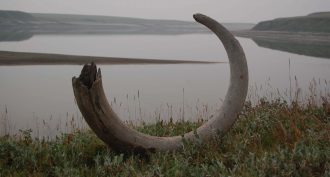 Animals
AnimalsFlower loss doomed the mammoths
Woolly mammoths roamed the Arctic until about 10,000 years ago. Why they died out may trace to the vanishing of the mostly flowering plants on which they had been dining.
-
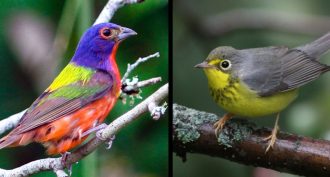 Animals
AnimalsBirds versus windows
Buildings in the United States can be deadly obstacles to flying birds. A new study estimates that as many as 1 billion birds die every year after colliding with windows. And low buildings — not skyscrapers — account for most of those deaths.
-
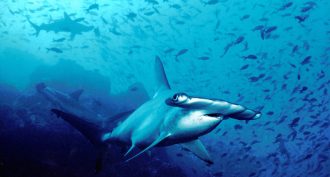 Animals
AnimalsSharks become science helpers
Jaws may scare beachgoers. But sharks bring a smile to some environmental scientists, who are using the toothy fishes to collect data on the ocean.
By Beth Mole -
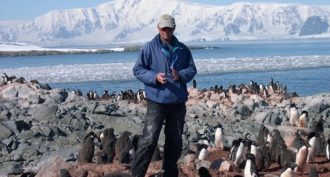 Animals
AnimalsTag, you’re it!
Biologists now deploy a wide range of technologies to track animals. The data these experts collect reveal insights into the behavior of animals that spend much of their lives out of human eyeshot.
By Susan Moran -
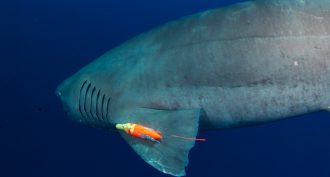 Animals
AnimalsExplainer: Tagging through history
What started as little metal bands have evolved into high-tech devices — some of which rely on satellites to share their findings.
By Susan Moran -
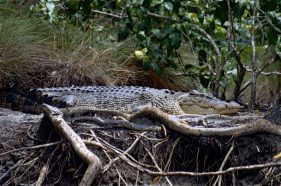 Animals
AnimalsWatch out for tree-climbing crocs
What’s that up in the tree? If you live in the right part of the world, it could be a hungry croc.
-
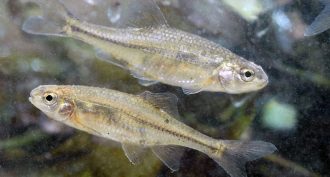 Animals
AnimalsFirst living fish leaves ‘endangered’ list
Twenty-one years ago, a minnow facing a high risk of extinction was placed on the U.S. Endangered Species List. With help from scientists, the fish appears to have largely recovered. It’s the first ‘listed’ fish to do so.
-
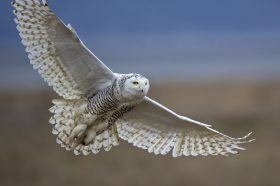 Animals
AnimalsA weekend for the birds
February 14 to 17 is this year’s Great Backyard Bird Count. It offers an opportunity to not only learn about the birds in your neighborhood but also contribute to science.
-
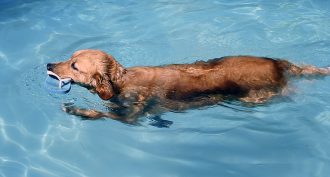 Animals
AnimalsDissecting the dog paddle
Scientists occasionally describe the dog paddle as a “trot,” but that’s not right. When dogs swim, their complicated leg motions look more like a frantic run.
-
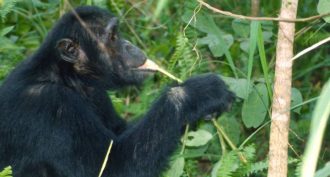 Animals
AnimalsWild medicine
Few veterinarians are available to treat sick animals in their natural environment. Fortunately, some critters can doctor themselves.
-
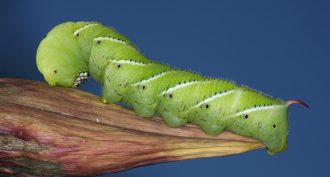 Animals
AnimalsThe bad-breath defense
The nicotine in tobacco that poisons some creatures can also act as a chemical defense — at least for some caterpillars. The bad breath it gives these insects repels natural predators, such as spiders.
-
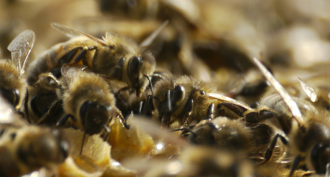 Animals
AnimalsWhy are bees vanishing?
Scientists find evidence that pesticides, disease and other threats are devastating bees. And that could hurt farmers big time.